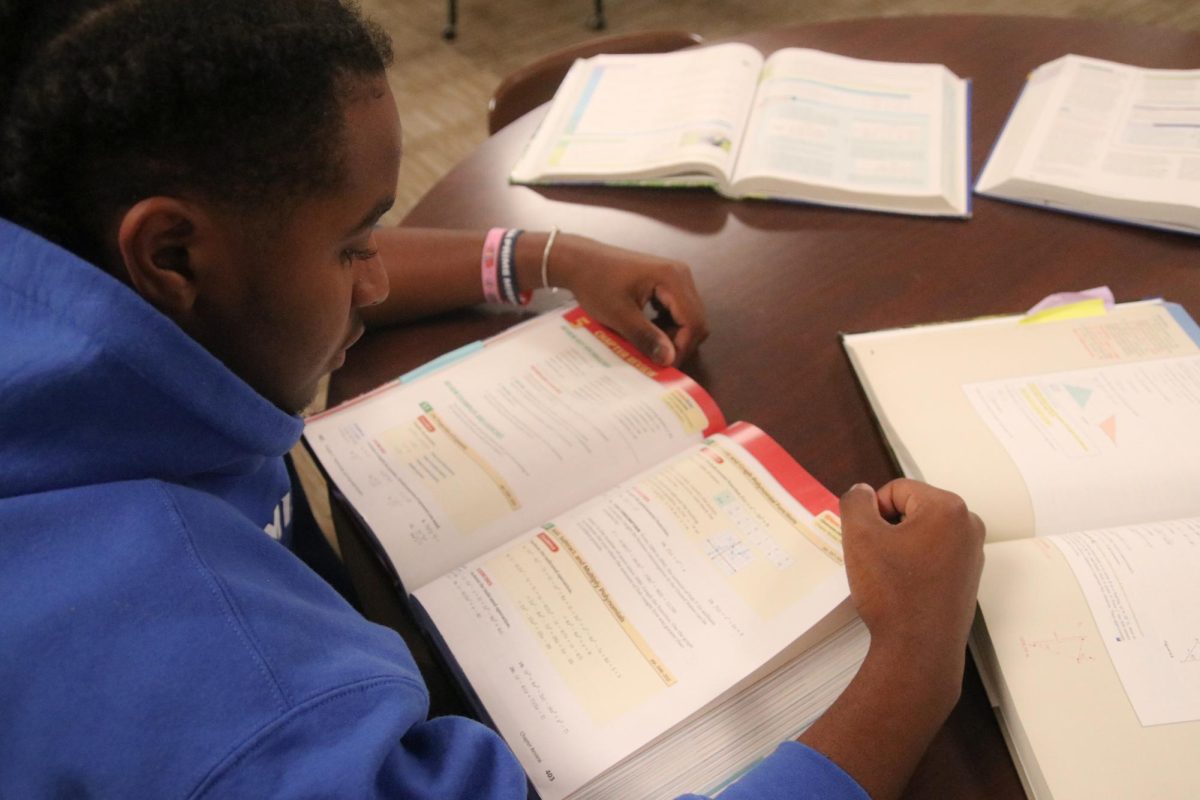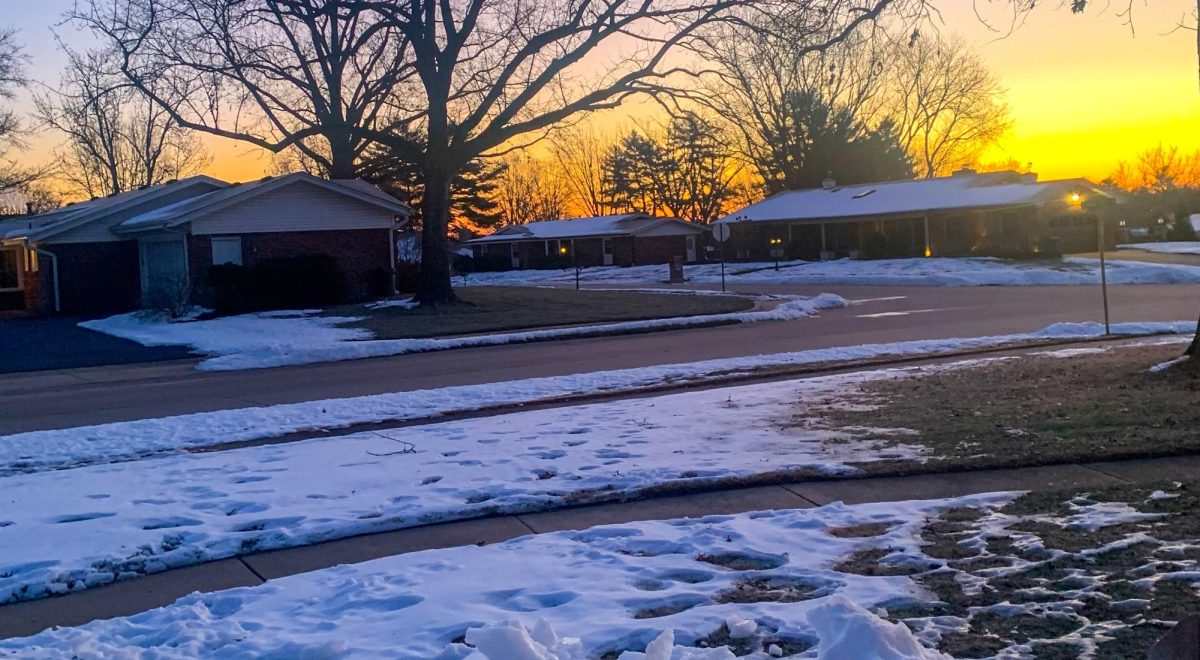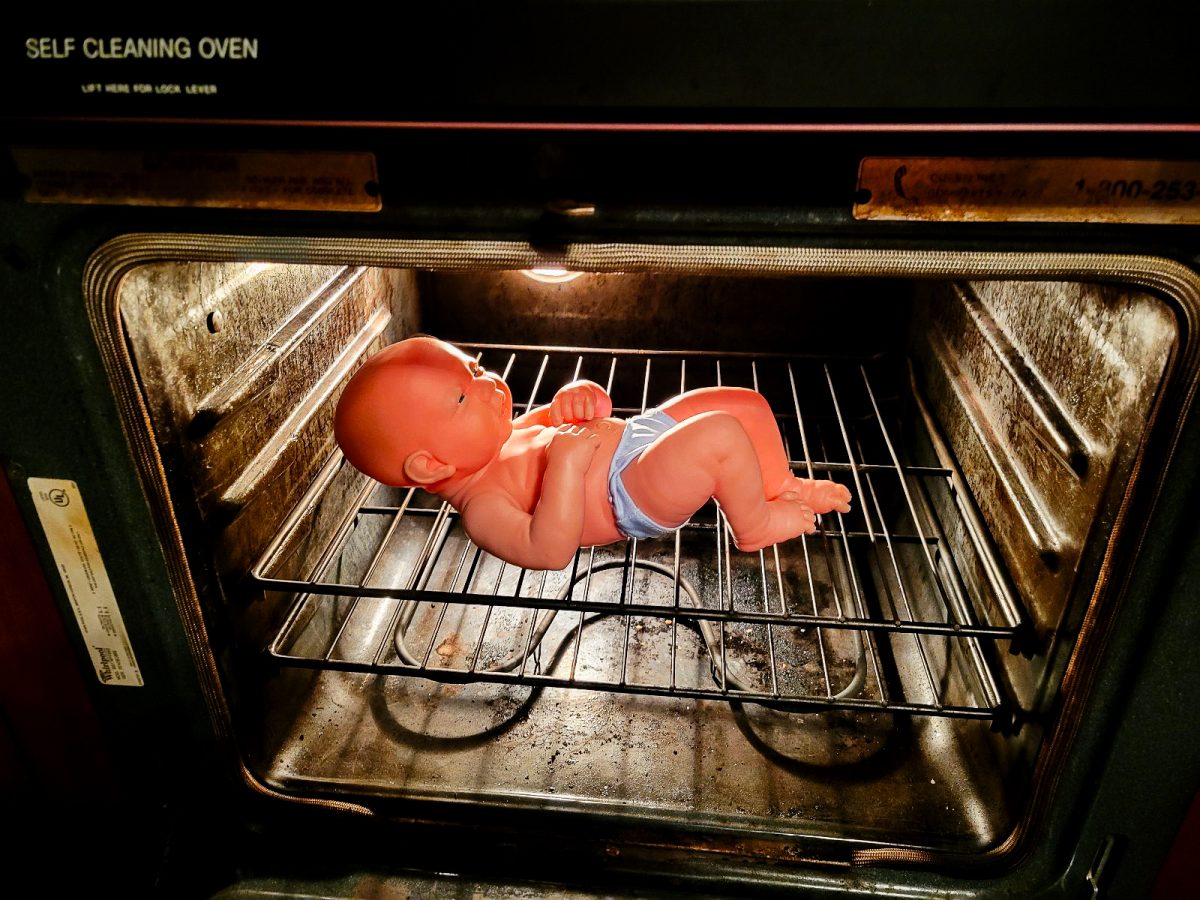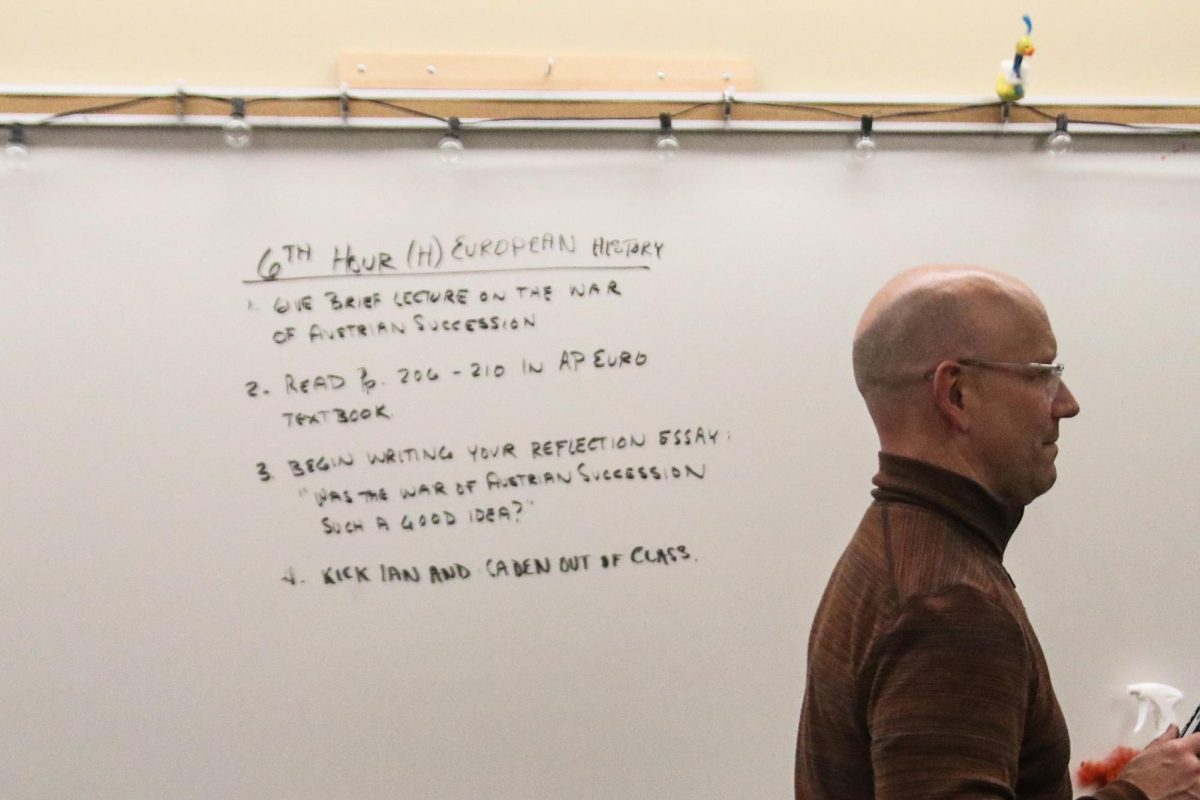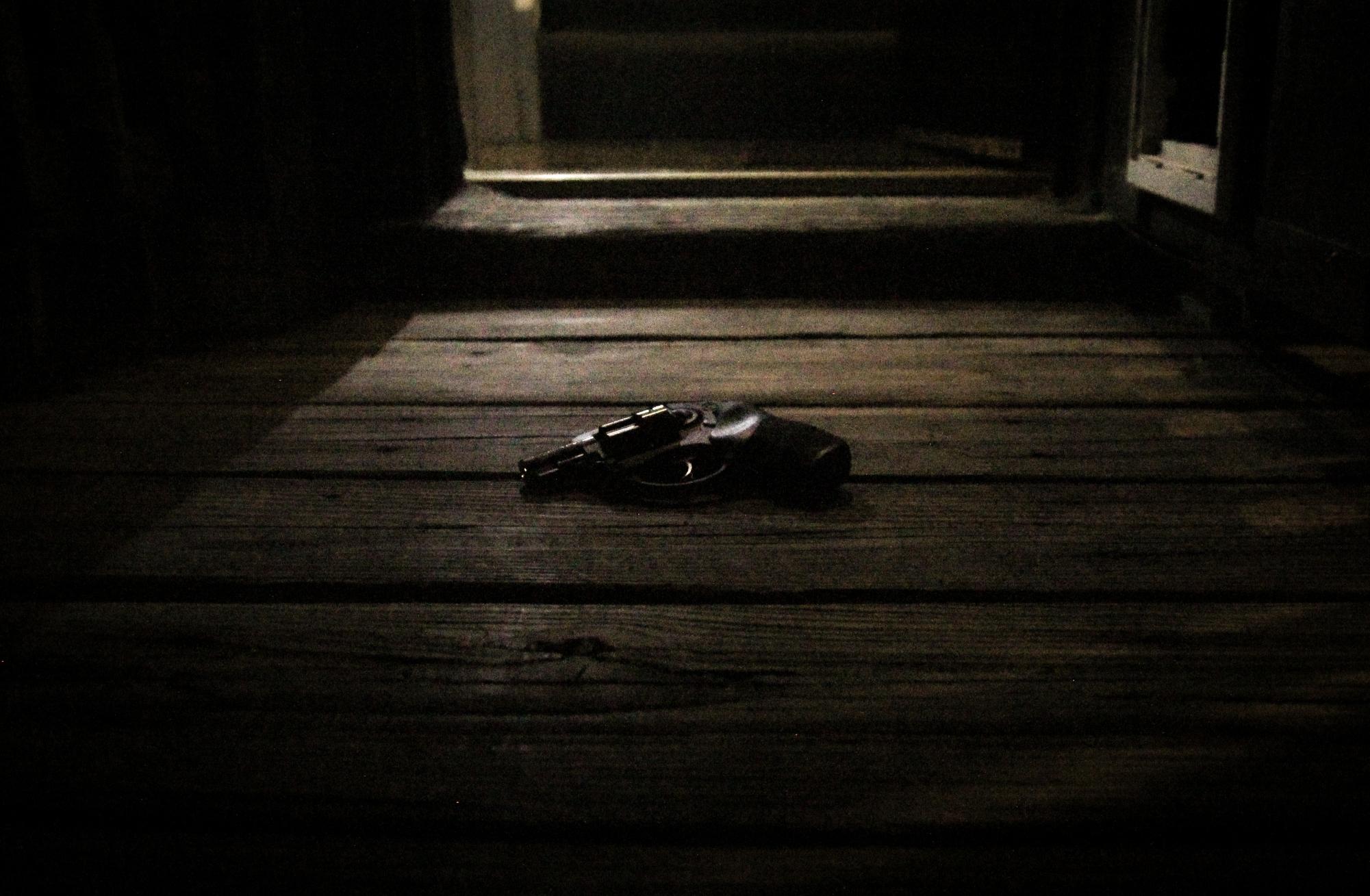
If It’s Good Enough at School, It’s Good Enough at Home
Imagine an unknown person, entering your home in the dead of night. In the event of a break in, what would you do? Do you ponder escape, mapping the quickest route to your door? Do you grab your phone, quickly dialing 911? Maybe, you get out of bed and reach into your bedside cabinet, shakily pulling out a gleaming, metal gun. Then, steeling your resolve, you prepare to stand your ground.
For many gun-owning Americans, defense of the home becomes the foremost priority, and they’re willing to do anything to achieve victory. Missouri passed a Stand Your Ground Law January 2017, which states that a person “who is attacked in any other place where he or she has a right to be has no duty to retreat and has the right to stand his or her ground and meet force with force, including deadly force.” Despite the law, studies show that fighting off an attacker is not the best option. I will try to persuade you that even though you have the right to fight back, it should always be the last resort.
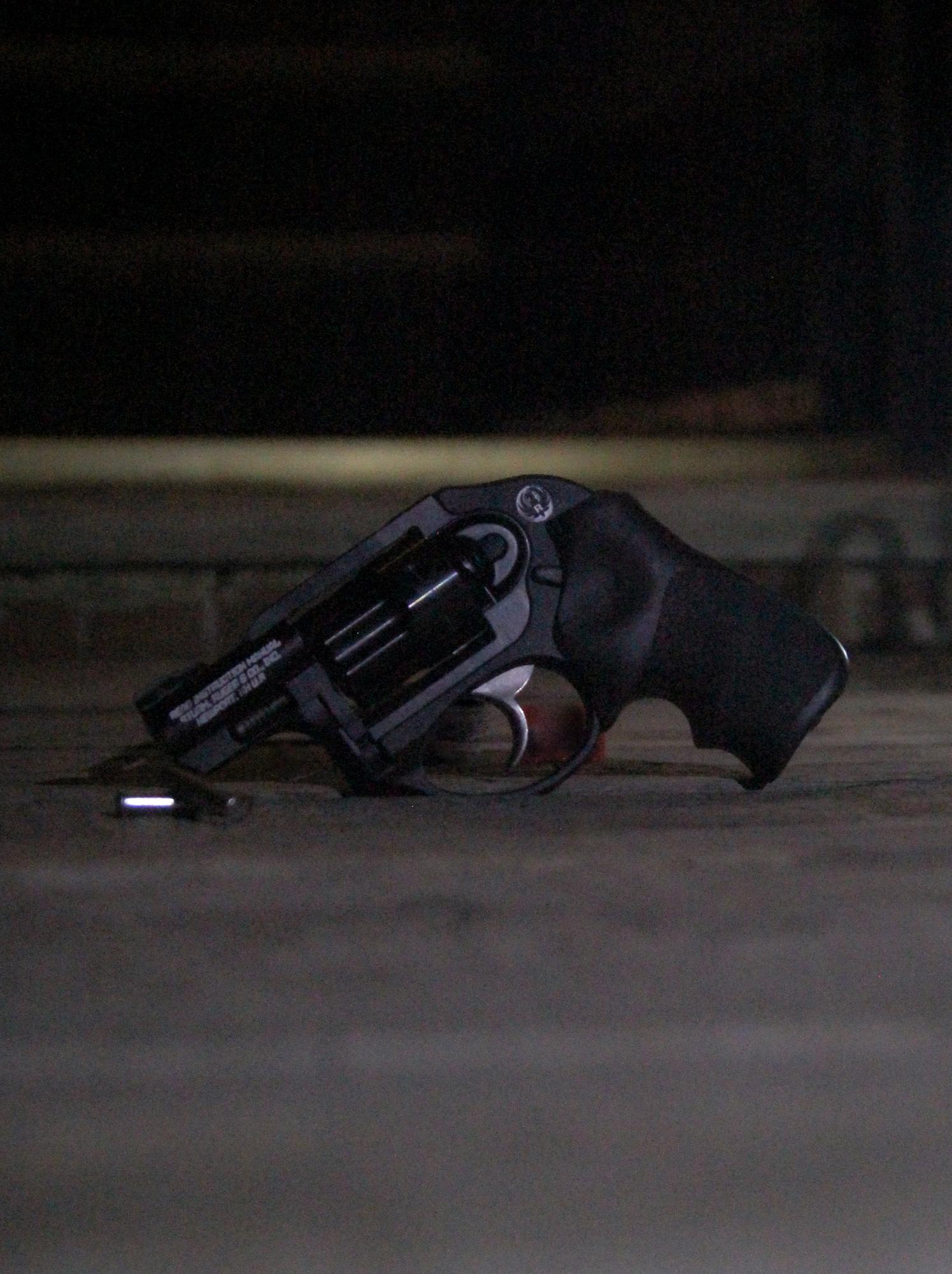
”Time” published a study related to the effectiveness of owning a gun for the purpose of home defense. “We did not detect even a hint of such protective benefits. If anything, our results suggest that cohabitants of handgun owners were more likely to be killed by strangers,” said David Studdert, a professor of Law and Health at Stanford University, and a writer for Time.
Studdert noticed the claims of organizations such as the NRA, who often proliferate the idea that gun owners are safe from random gunmen. If a gunman enters a house, expecting little to no resistance, and suddenly finds a violent and enraged person toting a gun, the gunman is considerably more likely to respond in a violent fashion. The gunman is already prepared to attack, while the homeowner is feeling the rush of adrenaline, and might have a hard time focusing.
Furthermore, having a gun does not always guarantee success, and it can provide a false sense of power. While holding a gun, the feeling of control over life and death can become intoxicatingly strong. One might assume that because of the weapon, they are invincible.
“The fact that you have a gun may mean that you do things you shouldn’t be doing: you take chances you shouldn’t otherwise take,” said David Hemenway, director of the Harvard Injury Control Research Center, in an article.
Another challenge to standing ground is that a violent response can lead to an innocent person getting injured. In fact, most people who own a gun for defense lack the necessary training to effectively use the weapon. This can lead to lawsuits and assault charges.
This happened recently in April in Kansas City, when Ralph Yarl rang a doorbell, assuming it was his friend’s house. The owner of the home, Andrew Lester, opened the door and shot Yarl.
Lester now faces first degree assault and armed criminal action charges, and part of his defense will undoubtedly be the right granted by the Stand your Ground Law.
However, the Stand Your Ground Law never “allows someone to shoot first and ask questions later when someone innocently rings a doorbell. That’s something that UPS does on a daily basis, delivery drivers, children selling Girl Scout cookies,” said Ari Freilich, an attorney and state policy director with the Giffords Law Center to Prevent Gun Violence, to PBS NewsHour.
If Lester had simply asked Yarl what he was doing before shooting, this entire situation could have been avoided. Even a yelled threat would have been better than shooting without warning.
Often, proponents of “Stand Your Ground” laws, such as the NRA, cite that owning a gun will increase one’s overall safety. At face value, this seems true. If you are a better shot than the criminal, then yes, you will be safe.
However, there are other concerns that don’t deal with the event of a break in.
“People living with handgun owners were seven times more likely to be shot by their spouse or intimate partner. In many of these cases, instead of being protective, the household gun probably operated as the instrument of death,” said David Studdert, a writer for Time. While owning a handgun does not make a person violent, the overall safety of a household decreases when a handgun is in the home. Whether the violence is from an outside criminal, or internal conflict, owning a gun does not necessarily increase safety.
Other supporters of “Stand Your Ground” suggest that gun owners will stop criminals and crimes. Many sites such as the NRA put the number of estimated stopped crimes at about 2.5 million. While it is true that gun owners can stop criminals, the number is potentially smaller than data found by other studies.
“An analysis of five years’ worth of statistic collected by the federal Bureau of Justice Statistics’ National Crime Victimization Survey puts the number of citizens who prevent crimes by using guns much lower than 2.5 million — about 67,740 times a year,” said Carla Field, quoting an article from the Los Angeles Times.
While 67,740 is a reasonable number of stopped criminals, it is not the lofty 2.5 million spread by proponents of the Stand Your Ground Law.

“[If] an attacker takes out a firearm, aims it, and says ‘have any last words,’ but the victim knows that they could run inside their home to a safe room and escape, the victim may be required to do so,” said USLawSheild, a website designed by lawyers to help Americans understand their self-defense rights. While it is true that the Stand Your Ground Law essentially nullifies this requirement, the original law commanded escape before violence.
In fact, in public spaces, Run-Hide-Fight is the standard protocol in situations with an armed intruder.
“The Department of Homeland Security […] uses the Run-Hide-Fight model to respond to armed intruders,” said Tim Dewitt, security officer at Westminster Christian Academy. When asked about the model’s widespread use, he gave his thoughts on where it is used.
“In each kind of scenario, whether it be at home, or in school, or at church […] Yes it does work, I think I can apply it to each one of those situations,” said Dewitt. He spoke about how he would use the same measures to protect his family as he would his students. As a trained security officer, he would use whatever force necessary, and he would recommend that other, non-trained individuals use this model to escape a dangerous situation.
I believe that in a case where an intruder has entered your home, your first thought should be to escape. Whether this is through a door, or a window, try to leave the house with all members of your family. However, this is not always possible. Next, try to gather your family in one room, preferably one with a lock. Remember to take a phone with you, so you can call for help. Also, take a weapon, in case the intruder attempts to enter the room. If hiding is not an option, then you should fight. Call the authorities first, then prepare.
One must remember that there are two steps that always come before “fight;” run and hide. Both of these are nonviolent responses to an unsafe situation, and don’t result in harm. However, if you truly feel that these options are out of the picture, call authorities, and if the situation continues to escalate, then it is acceptable to stand your ground.










